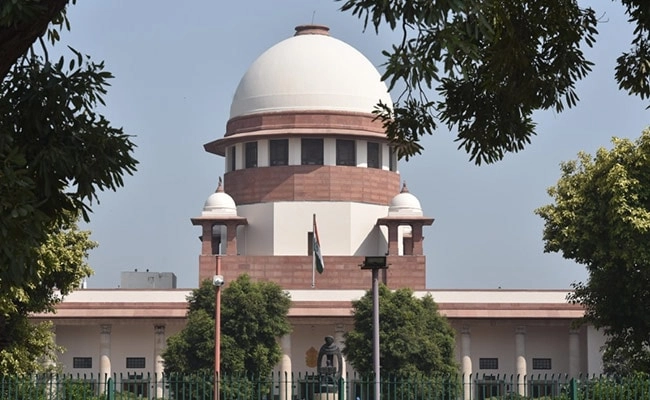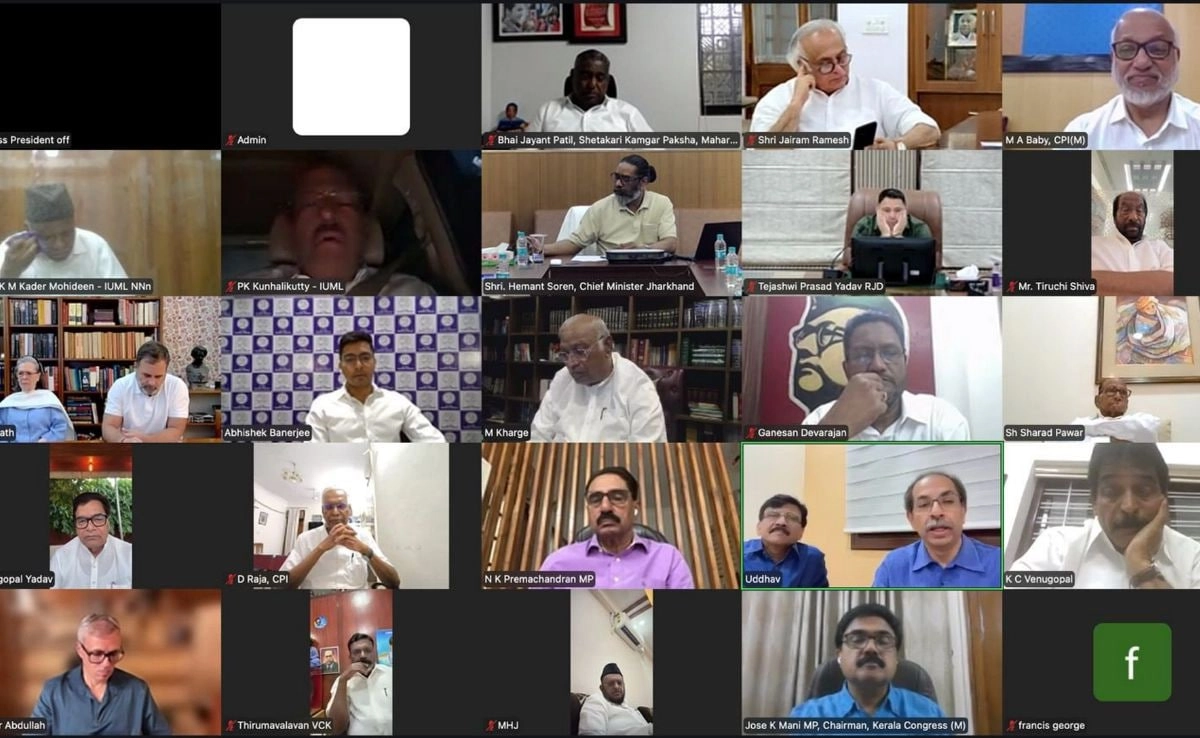The Tamil Nadu government has initiated legal action against the central government, accusing it of withholding financial support as a retaliatory measure in response to the state’s opposition to the implementation of the three-language formula. This educational policy, which advocates for the teaching of Hindi alongside Tamil and English, has sparked considerable controversy in Tamil Nadu, where there is a strong sentiment against the imposition of Hindi. The state’s Chief Minister, M.K. Stalin, has been vocal in his criticism of the central government’s approach, asserting that the three-language formula undermines the linguistic identity and cultural heritage of Tamil speakers.
In its lawsuit, the Tamil Nadu government claims that the central administration’s decision to block funds is not just an economic issue but also a matter of principle. The state argues that the withholding of financial resources is a deliberate tactic to coerce compliance with policies that are not in alignment with the sentiments of the local population. This legal move highlights the broader tensions between regional aspirations and central authority in India, especially regarding language and education. The state’s officials have emphasized that Tamil Nadu has a rich linguistic tradition that deserves recognition and protection, and they view the three-language formula as an imposition that threatens this tradition.
The implications of this legal battle extend beyond mere financial disputes; they touch upon the very fabric of India’s federal structure and the rights of states to govern their educational policies. Tamil Nadu’s stance reflects a growing resistance among various regional governments against what they perceive as central overreach. The ongoing conflict underscores the importance of dialogue and negotiation in addressing the diverse linguistic and cultural needs of India’s populace. As the case unfolds, it will be interesting to observe how it influences not only the relationship between Tamil Nadu and the central government but also the broader discourse on language policy in the country.




